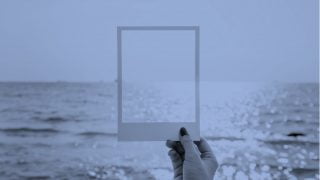When I was in Cambodia recently I heard about a place called Diamond Island. Filled with luxury apartments and houses, it is a world away from the poverty that marks the country. My first inclination is to ask “how can the residents of Diamond Island live like that when there are so many poor in their country?” But on reflection I realise that I should also ask the question of myself.
Why are the residents of Diamond Island any more responsible for the poor of their country than I am? I could point to the emotional bond that shared nationality provides, or the fact that the residents of Diamond Island have grown rich on assets that belong to all the people of Cambodia. But shouldn’t our shared humanity be the most basic and important bond of all? And if that’s the case the Cambodian poor are my brothers and sisters. And isn’t there an argument that the assets of earth belong to all humankind? If that’s the case, I too, have grown rich off the wealth of the Cambodian poor.
Borders define the limits of governmental authority but why should they define the limits of ethical responsibility? It seems to me that when I think that the residents of Diamond Island have a greater responsibility to Cambodia’s poor than I do, I have idolised the State. I have allowed my allegiance to the nation to override my allegiance to humanity.
And it’s not just the poor. Ethics without borders should apply to global humanitarian crises such as finding safe places for refugees and asylum seekers and to global environmental crises like climate change.
To those who say charity begins at home I say yes it does. The earth is our home and every human being our brother or sister. To myself I say, “Scott put it into action”




